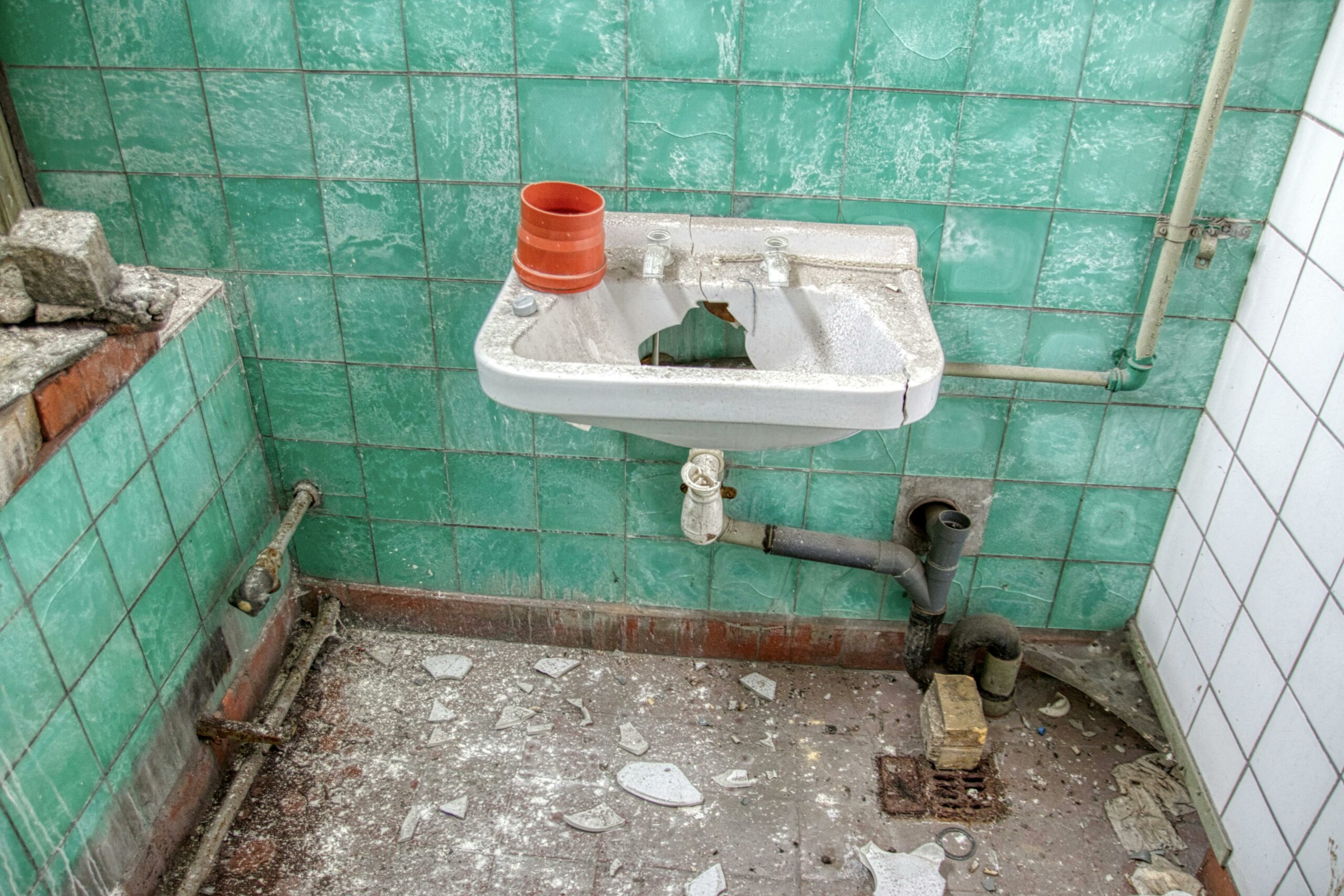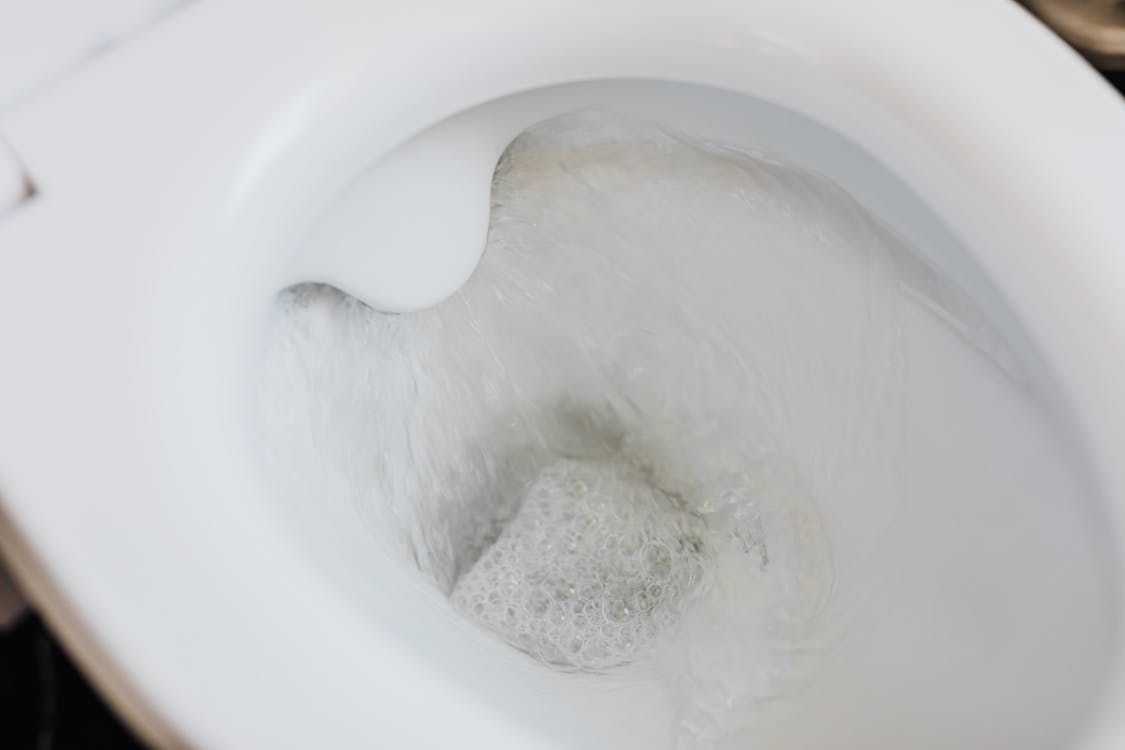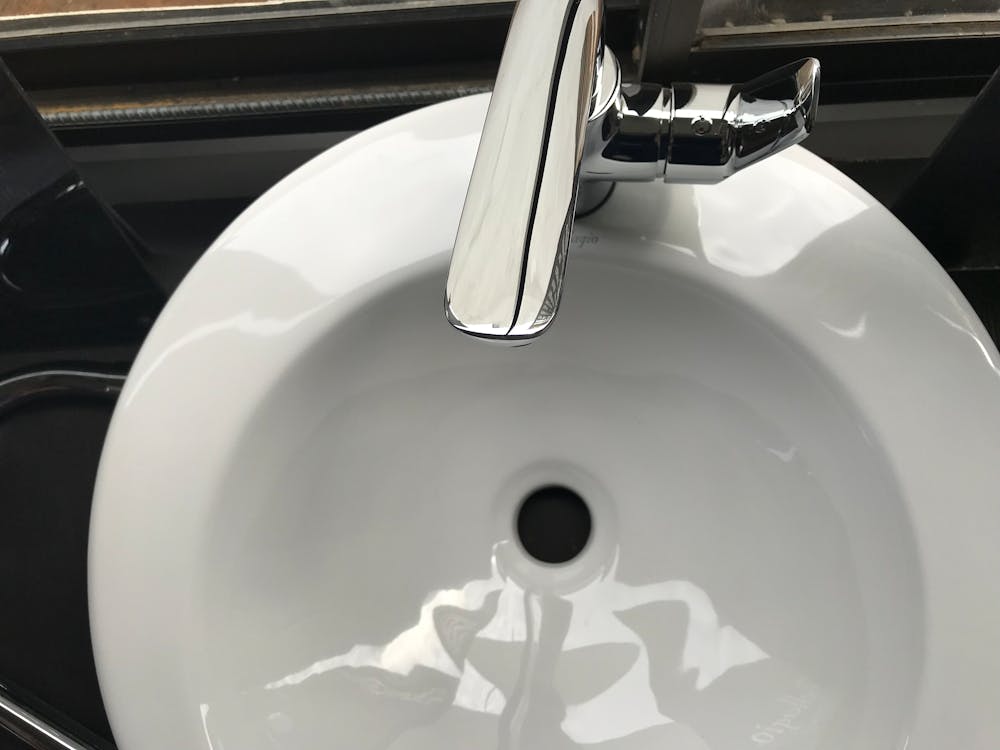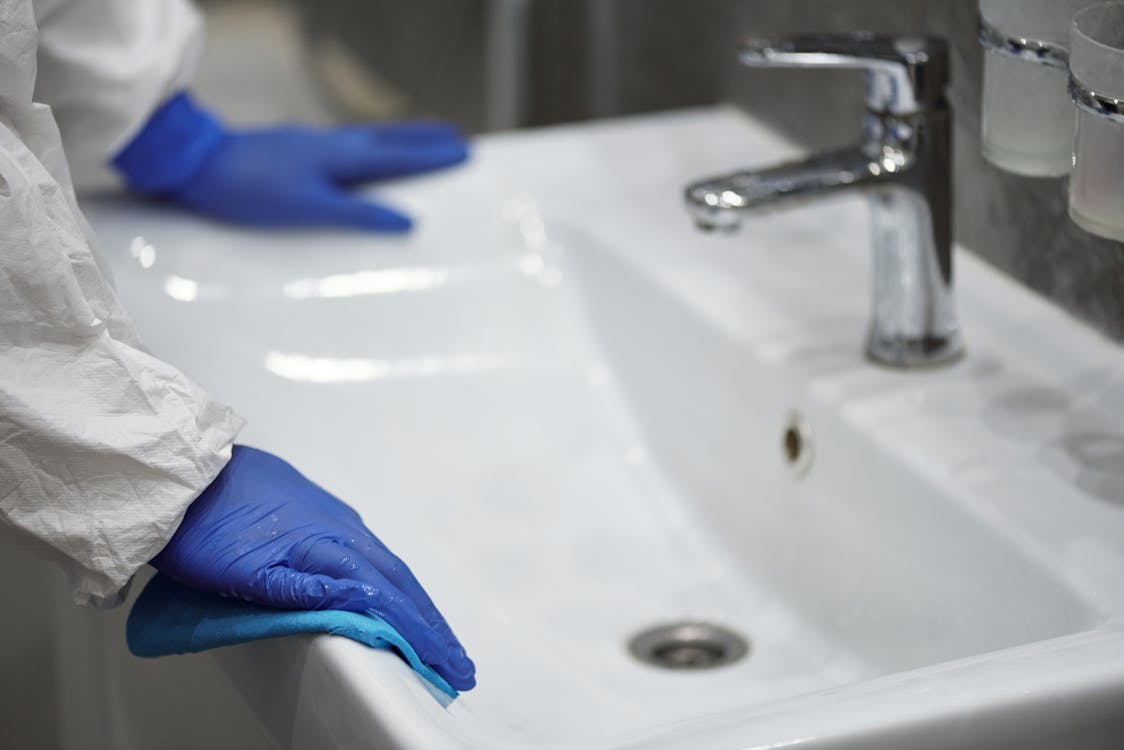10 Common Plumbing Issues Every Homeowner Should Know About

Plumbing problems can be a headache for homeowners, causing inconvenience, water damage, and costly repairs if left unaddressed. Whether you’re a new homeowner or have lived in your home for years, being aware of common plumbing issues can help you detect problems early and take proactive measures to prevent further damage. In this blog post, we’ll discuss ten common plumbing issues that every homeowner should be aware of.

1. Clogged Drains
Clogged drains are a common plumbing issue in kitchens, bathrooms, and laundry rooms. Hair, grease, soap scum, and food particles can accumulate in drains over time, leading to slow drainage or complete blockages. Regularly cleaning drains with a drain snake or enzyme-based cleaner can prevent clogs and maintain proper drainage.
2. Running Toilet
A running toilet is not only a nuisance but can also waste a significant amount of water. Common causes of a running toilet include a faulty flapper valve, fill valve, or float mechanism. Replacing these components or adjusting the water level in the tank can resolve the issue and prevent water waste.
3. Low Water Pressure
Low water pressure can be frustrating, especially when trying to shower or wash dishes. Causes of low water pressure may include mineral buildup in pipes, a malfunctioning pressure regulator, or a leak in the plumbing system. Addressing these issues promptly can restore proper water pressure throughout your home.

4. Water Heater Problems
Water heaters are essential for providing hot water for bathing, cooking, and cleaning. Common water heater problems include leaks, sediment buildup, faulty thermostats, or heating element issues. Regular maintenance, such as flushing the tank and checking for leaks, can prolong the lifespan of your water heater and prevent unexpected breakdowns.
5. Frozen Pipes
In colder climates, frozen pipes can be a significant concern during winter months. Frozen pipes can lead to burst pipes and water damage. Insulating pipes in unheated areas, keeping faucets dripping during freezing temperatures, and maintaining indoor temperatures can prevent pipes from freezing and bursting.
6. Sewer Line Blockages
Sewer line blockages can cause backups and unpleasant odors in your home. Tree roots, grease buildup, and debris can clog sewer lines over time. Regular sewer line inspections, proper disposal of grease and non-flushable items, and tree root removal can prevent sewer line blockages and costly repairs.
7. Dripping Showerhead
A dripping showerhead not only wastes water but can also indicate a worn-out washer, O-ring, or faulty shower valve. Replacing these components or upgrading to a water-efficient showerhead can stop the dripping and conserve water.
8. Leaking Pipes
Leaking pipes can cause water damage, mold growth, and structural issues if not addressed promptly. Common causes of leaking pipes include corrosion, high water pressure, and joint fittings. Inspect visible pipes for signs of leaks, such as water stains or dampness, and repair or replace damaged pipes as needed.
9. Backflow Issues
Backflow occurs when contaminated water flows back into the clean water supply, posing health risks to occupants. Backflow preventers and regular inspections by a licensed plumber can prevent backflow issues and ensure the safety of your water supply.

10. Leaky Taps
Leaky taps are not only annoying but also wasteful, leading to water wastage and higher utility bills. The most common cause of a leaky faucet is a worn-out washer or O-ring. Replacing these components or hiring a plumber to fix the issue can prevent water wastage and save you money in the long run.
By being aware of these common plumbing issues and taking proactive measures to address them, you can maintain a functional and efficient plumbing system in your home. Regular maintenance, prompt repairs, and professional inspections can prevent costly plumbing emergencies and ensure the long-term integrity of your plumbing infrastructure. If you encounter any plumbing problems beyond your DIY capabilities, don’t hesitate to contact a licensed plumber for assistance.
Comments
Add comment